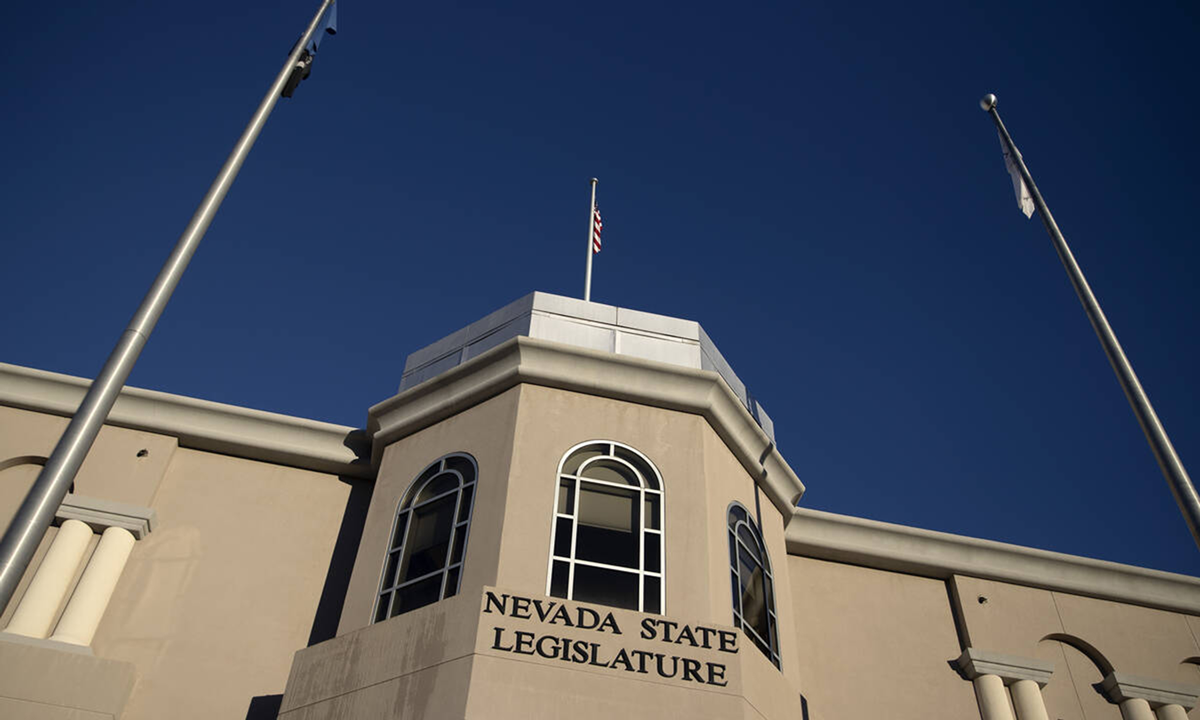Nevada Legislature Approves State’s First Open Enrollment System
New bill would allow students to transfer outside their attendance zones and provide transportation for kids trying to leave low-performing schools.

Get stories like this delivered straight to your inbox. Sign up for The 74 Newsletter
An education reform package recently passed in the Nevada Legislature will launch the state’s first open enrollment system for public school students.
The legislation is a compromise between dueling education bills, one sponsored by Democratic state Sen. Nicole Cannizzaro and the other supported by Republican Gov. Joe Lombardo. It passed unanimously in the Senate on June 1 and with a 38-4 Assembly vote June 2.
Lombardo said in a June 3 statement that the Legislature “passed historic education choice and accountability, so that every Nevada student can graduate career or college ready.” The bill was sent to his desk June 6.
More than 40 states allow interdistrict open enrollment, according to the nonprofit Education Commission of the States. Nevada’s new system will let students transfer to schools outside their residential zone if there’s room in their grade.
It will also provide transportation subsidies for students trying to leave low-performing schools. Many states don’t require transportation to be provided for open enrollment students, as it is for residents, according to Education Next. In New Hampshire, for example, lawmakers recently passed an open enrollment bill that places responsibility for transportation on parents. Families can drive their child to a bus stop on an existing route if they are attending a school outside their attendance zone, according to the bill.
Multiple times a year, districts will be required to publish open enrollment data online, including school vacancy numbers and the total number of students who transferred in and out of their attendance zones.
Nevada school boards will have to create a method, such as a lottery, to determine which open enrollment students are accepted into a grade that reaches capacity.
Schools that deny a student’s application will have to explain why. The bill prohibits districts from considering factors like disability, English learner status, athletic ability and residential address when evaluating applications. Schools will be required to create a priority lottery for students who have low academic scores.
Students can be denied if they were expelled or suspended for 10 or more days during the previous school year. Parents can appeal a rejection to the district superintendent.
The Nevada Department of Education will have to provide transportation for students who want to transfer from a low-performing school but have no way to get there. According to the bill, the department will award grant funds “to the extent money is available” to local organizations that provide transportation.
The bill will also create a statewide accountability system for districts and charter schools. The department could intervene in persistently low-performing districts by replacing leadership or assuming state control.
“We implemented open zoning so our children can attend the school that best fits their educational needs, and we provided resources to allow those children trapped in underperforming schools transportation to attend the school of their choice — regardless of their zip code,” Lombardo said in his statement. “Simply put, we have instituted more educational accountability measures than during any legislative session in the history of Nevada.”
Get stories like these delivered straight to your inbox. Sign up for The 74 Newsletter

;)
